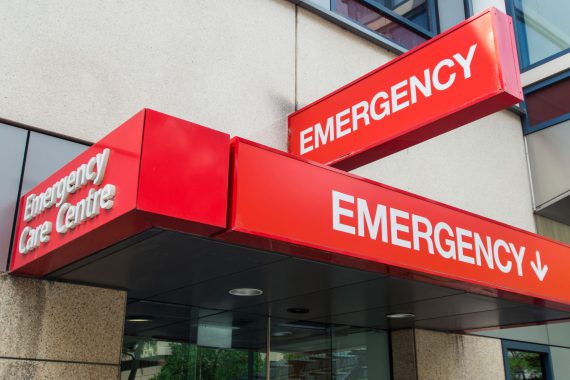As Pulse has reported, GPs have been asked to attend their local hospital to help discharge patients early and take over their medical care, with the aim of freeing up hospital beds.
GPs who are asked to support their local hospital will need to consider a number of medico-legal issues including whether they feel competent to carry out the role, the demands on their own practice and indemnity requirements. Here are a few:
1. Clinical competence
The GMC says ‘You must recognise and work within the limits of your competence’ (Good Medical Practice, para 14). This may seem obvious, but you could be asked to review patients who have been admitted for psychiatric, medical or surgical problems, and be asked to see adult and child patients. You will need to have appropriate experience in those areas. If you are asked to decide whether patients are fit to be discharged, you will need to understand their diagnosis, any treatment or procedure they have undergone, and how their clinical condition has progressed while in hospital. In addition to this, it is important to consider what support patients might need when they leave hospital, and whether this is available for them.
2. Treat on the basis of clinical need
The GMC makes it clear in Good Medical Practice that you should provide care for patients on the basis of their clinical need. If inadequate resources prevent this, and patient safety, dignity or comfort may be seriously compromised, then you should raise concerns in line with GMC guidance and local policy, keeping records of the steps you have taken (Good Medical Practice para 56 and 25b).
3. Record keeping
You are responsible for any decision you make, and should ensure that you make a detailed contemporaneous record of your assessment and management plan, as you would for any clinical consultation.
4. Consider medical cover at your own practice
You are still primarily responsible for the patients registered at your practice, and must ensure there is adequate medical cover to care for them if you plan to be absent from the practice.
5. Contractual and indemnity arrangements
You are ethically obliged to have adequate indemnity in place for the work that you do (Good Medical Practice, para 63).
Before accepting this type of role, you will need to check there are appropriate indemnity arrangements in place, such as via NHS England and you should also speak to your medical defence organisation. You should also ensure that appropriate contractual arrangements are in place for you to work at the hospital, and discuss these arrangements with the BMA or LMC.
Dr Beverley Ward is a medicolegal adviser at the MDU
Pulse October survey
Take our July 2025 survey to potentially win £1.000 worth of tokens














